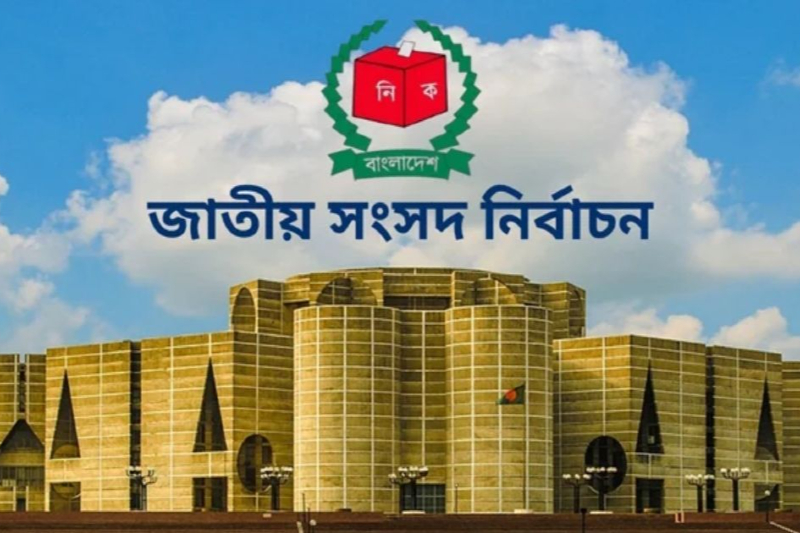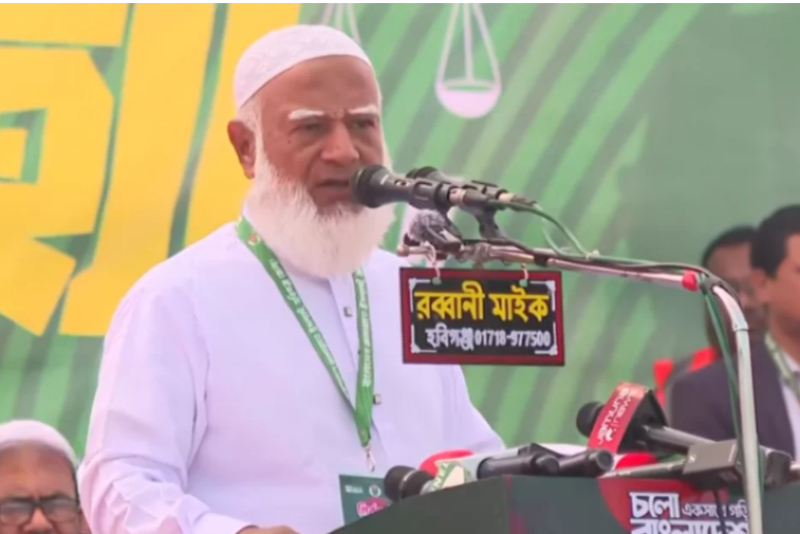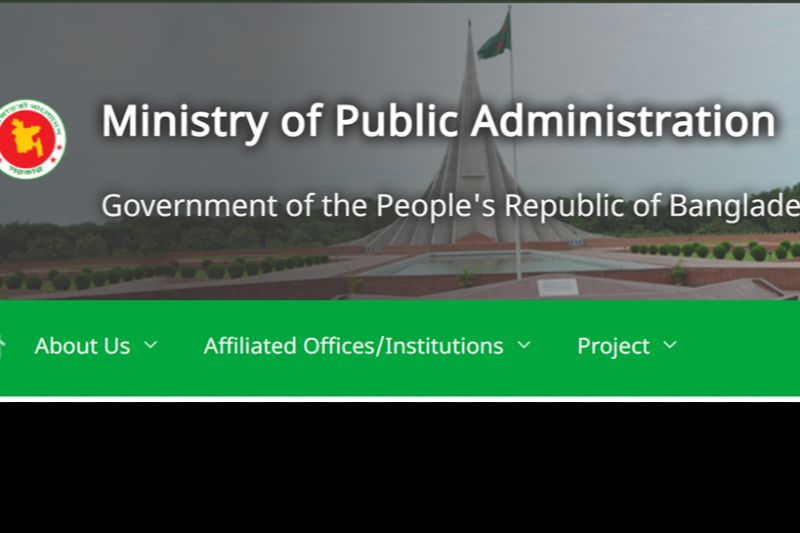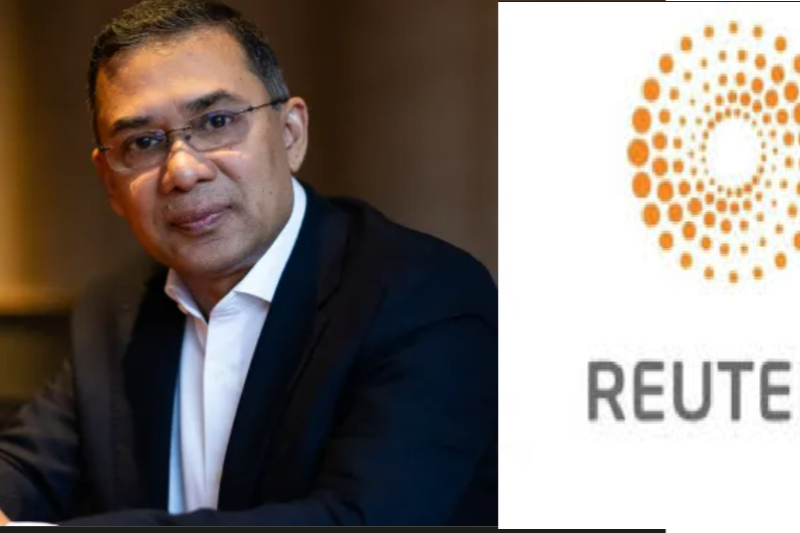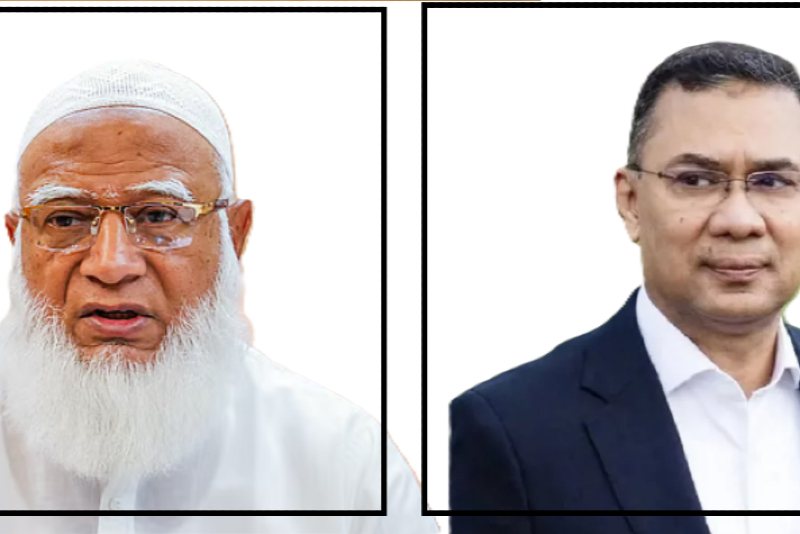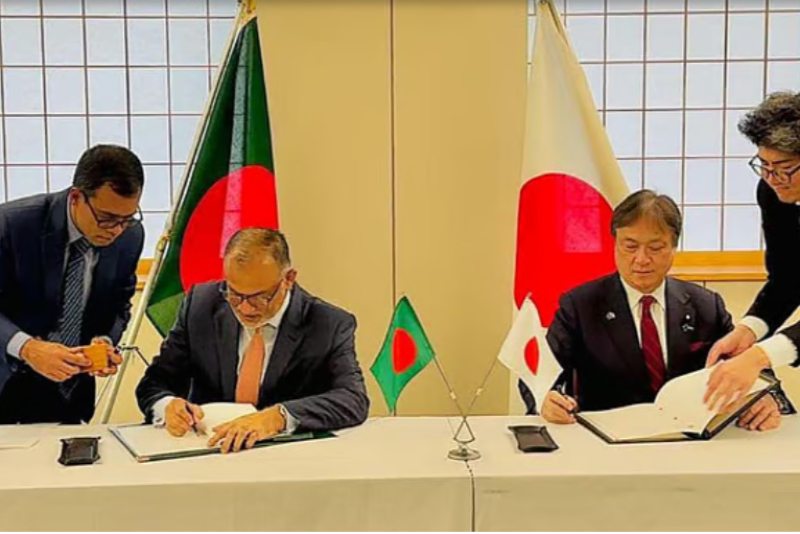India Aware of Anti-Hasina Wave But Couldn’t Act, Says Jaishankar
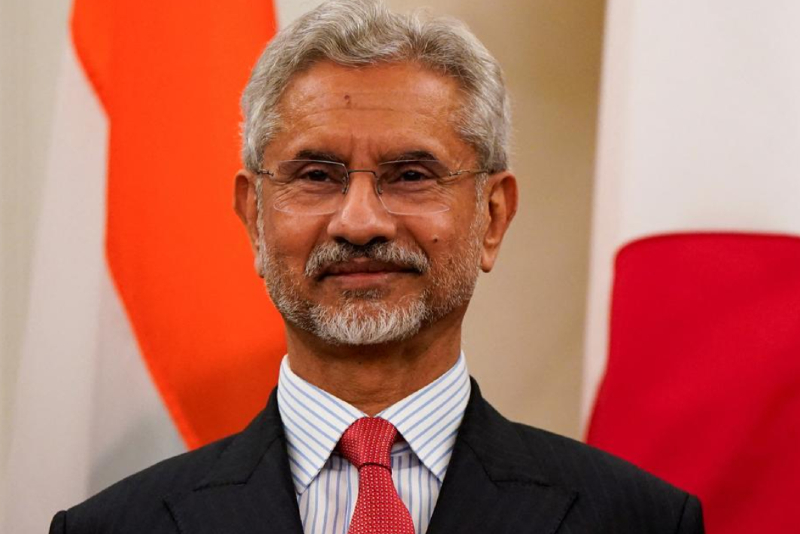
India was aware of growing opposition to former Bangladesh Prime Minister Sheikh Hasina ahead of the August 5, 2024, political upheaval but lacked the means to intervene, said External Affairs Minister S. Jaishankar.
Addressing the Consultative Committee on External Affairs on March 22, 2025, he stated that while India monitored the situation, its influence over Hasina was limited to offering advice rather than direct action.
According to The Hindu, Jaishankar revealed that India, like other global stakeholders, had insights into the volatile circumstances in Bangladesh.
He referenced comments made by U.N. Human Rights Chief Volker Turk, who had warned the Bangladesh military against using force against unarmed demonstrators, cautioning that such actions could lead to the U.N. barring the army from peacekeeping operations.
India-Bangladesh Relations Post-Hasina
Following the leadership change in Bangladesh, the interim government has engaged with India, but tensions persist due to India granting asylum to Sheikh Hasina.
Despite sending Foreign Secretary Vikram Misri to Bangladesh in December 2024, the Indian Ministry of External Affairs remains reserved about a possible meeting between Prime Minister Narendra Modi and Bangladesh’s Chief Adviser Muhammad Yunus.
This potential meeting could take place on the sidelines of the BIMSTEC summit in Bangkok from April 2-4.
Meanwhile, Yunus, who has welcomed various international dignitaries, is preparing for an official visit to China.
Discussions with Beijing are expected to result in multiple agreements, including new aviation links enhancing connectivity between Dhaka, Chittagong, and Chinese destinations.
Addressing concerns about foreign influence, Jaishankar stated that while China is a "competitor," it is not an "adversary."
Myanmar Conflict and Its Impact on India
During the meeting, Jaishankar was also questioned about the escalating civil war in Myanmar, where ethnic armed groups have intensified resistance against the ruling military junta since the 2021 coup.
Lawmakers expressed concerns about the spillover effects of the conflict on India's northeastern states.
In response, Jaishankar provided updates on India's border preparedness and the measures being taken to maintain security along the India-Myanmar border.
One participating MP described the minister’s remarks as "forthright," adding that he offered a comprehensive analysis of regional developments.
SAARC’s Future and China's Influence in the Region
The discussion also touched on the stalled South Asian Association for Regional Cooperation (SAARC), which has remained inactive since 2014.
After India withdrew its participation in response to a terrorist attack in Uri, the last planned summit in 2016, set to be hosted by Pakistan, was canceled.
Since then, India has prioritized BIMSTEC for regional cooperation, casting doubt on the revival of SAARC.
However, Jaishankar suggested that SAARC had not been permanently abandoned, describing it as "paused," hinting at a possible revival in the future.
MPs also raised concerns about China’s increasing strategic footprint in India’s neighborhood, particularly in the Maldives, Sri Lanka, Bangladesh, and Nepal.
They sought clarity on India’s long-term approach to countering China’s growing influence in South Asia.

